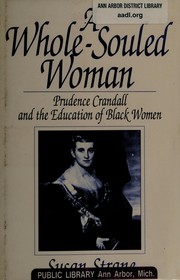
That is, a diagnosis for a middle-class, middle-aged academic White woman is different than the same diagnosis for a child of color living in poverty.

As someone with a chronic and often invisible illness, this fear of not being seen or recognized as disabled is particularly pertinent (and overlaps with discourses of mental illness).ĭisability is dynamic and highly contextual, and Wendell argues, “Failure to recognize that standards of structure, function, and ability are socially relative could be dangerous to people with disabilities” (14). When nondisabled folks have a clearly defined, recognizable term, they more readily acknowledge and support disability and disabled experiences. Clearly defining disability can positively influence social policies, allow people access to educational and economic resources, build political solidarity, draw attention to cultural conceptions and misconceptions of disability, and help the disabled “receiv the acknowledgement and confirmation of her/his reality, so essential for keeping a person socially and psychologically anchored in a community” (12).

She begins (in Chapter 1) by calling attention to the advantages and disadvantages of naming, categorizing, and identifying disability. Wendell comes to disability studies as a feminist theorist with a chronic illness who, upon her diagnosis, realized that feminist theory was largely geared toward nondisabled experiences and that the wealth of knowledges about disabled experiences could usefully inform feminist understandings and theories of the body. I use the terms “rejected body” and “negative body” to refer to those aspects of bodily life (such as illness, disability, weakness, and dying), bodily appearance (usually deviations from the cultural ideals of the body), and bodily experience (including most forms of bodily suffering) that are feared, ignored, despised, and/or rejected in a society and its culture.


In some ways, this is a chapter-by-chapter breakdown of Susan Wendell’s The Rejected Body: Feminist Philosophical Reflections on Disability, and in some ways it’s just a smattering of ideas that really interest me, so this isn’t a comprehensive review-although since I’m 18 years late to the game, maybe that’s not necessary! It’s been a long time since I read a book (really read a book) for no reason other than I was interested in it and had time to savor it.


 0 kommentar(er)
0 kommentar(er)
